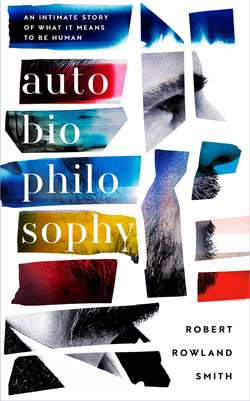Читать книгу AutoBioPhilosophy: An intimate story of what it means to be human - Robert Smith Rowland - Страница 18
Soul knowledge
ОглавлениеI believe we all carry such images within us. They might not assume the form of triangles, but we’ll have our way of figuring the balance or imbalance in any mutual enterprise. We know when things are off kilter. I call it ‘soul knowledge’.
Soul knowledge is deeper but simpler than psychological understanding. In tracking the complexities of human interaction, psychology sometimes loses touch with the underlying realities. Such realities aren’t always as complex as we imagine. Sometimes they are so simple that they can indeed be represented by a form as basic as a triangle. The danger, in other words, is that psychology can’t see the forest for the trees. Where psychology aims to quantify all sorts of data – tendency to agree or disagree, response to reward, frequency of relapse – soul knowledge measures the essentials. In this case, it takes a reading of the give-and-take in a relationship. Where the give-and-take is skewed, the result is a warping of the system as a whole, like a picture frame ruined by damp. It feels wrong. And because it feels wrong, it feels bad.
In other words, soul knowledge is a form of systemic awareness. It maps the tacit geometry of our connections with other people. We live in systems all the time, be they family systems, work systems or intimate relationship systems – and even fleeting systems like the audience we’re part of at a concert, or the queue we stand in at the post office. In all cases, we are switched on to our place in it and the place of others. When the system is in order, it feels right. The soul has an eye for the system as a whole, and unlike the self, which wants to stand out, is always ready to slot into its place.
What’s so very challenging about a family business is that two systems have to be reconciled. A family system has to be reconciled with a business system. At Rowland Smith & Son Ltd., the partners in the triangle, Colin and David, were not partners in the way that most colleagues might be, for the simple reason that one belonged to the family and the other did not. Strictly speaking, the former half-belonged to the family and the latter did not belong. I’m not sure it would be possible to chart this system, because Colin stood at once closer to, and further from, the shared goal understood as the family’s commercial interests, while also standing above, below and on the same level as David.
Systemically, it was a mess, and I think it had an impact on Colin’s soul. All his soul could have known was confusion. It might be pushing it to say that his MS was the direct result of this scrambling of his soul knowledge – being deprived of the chance to see a clear whole – but I find it hard not to draw at least a metaphoric parallel between the neurological misconnections in his body and the eccentric wiring in the system of the family business. In both cases, there’s a tragic failure of coherence.
